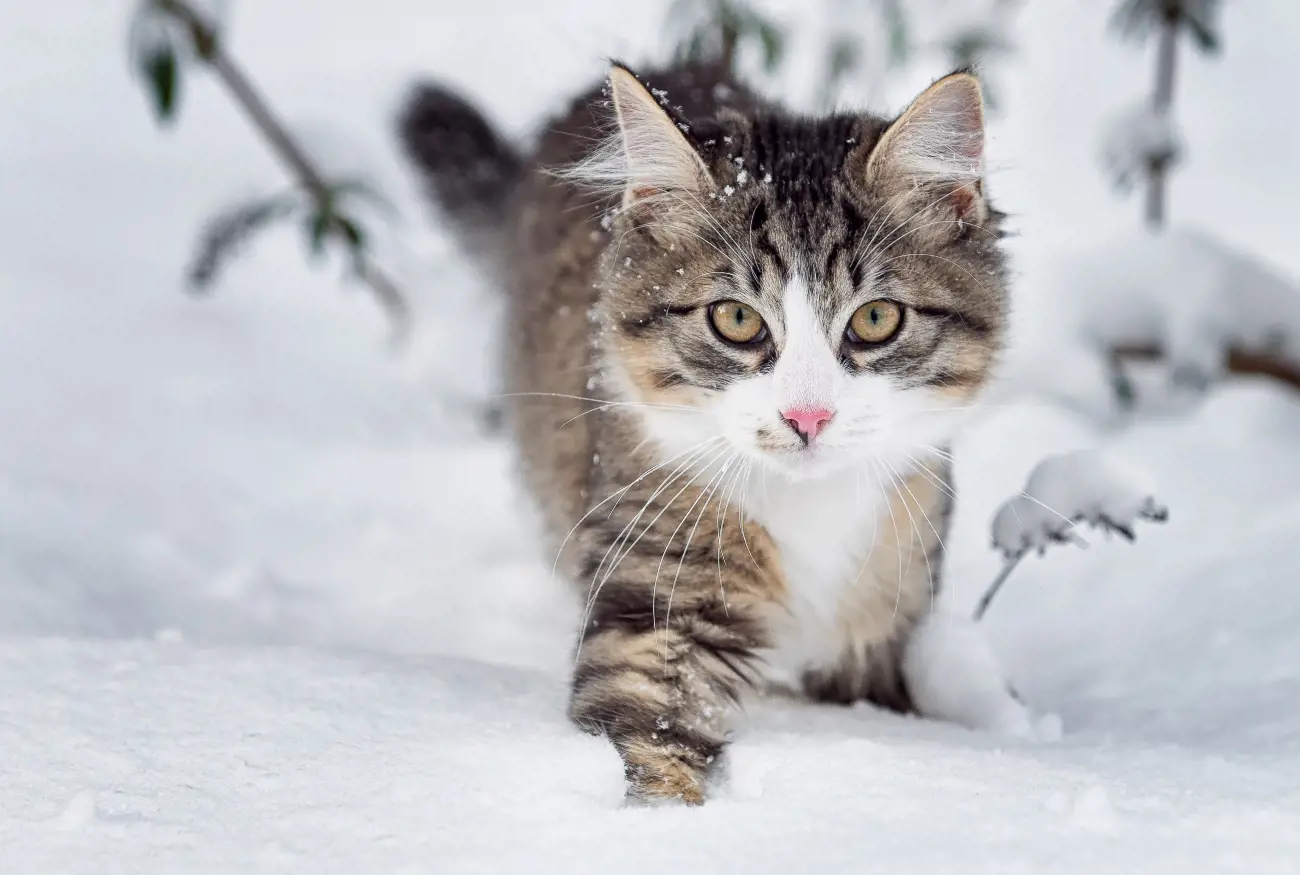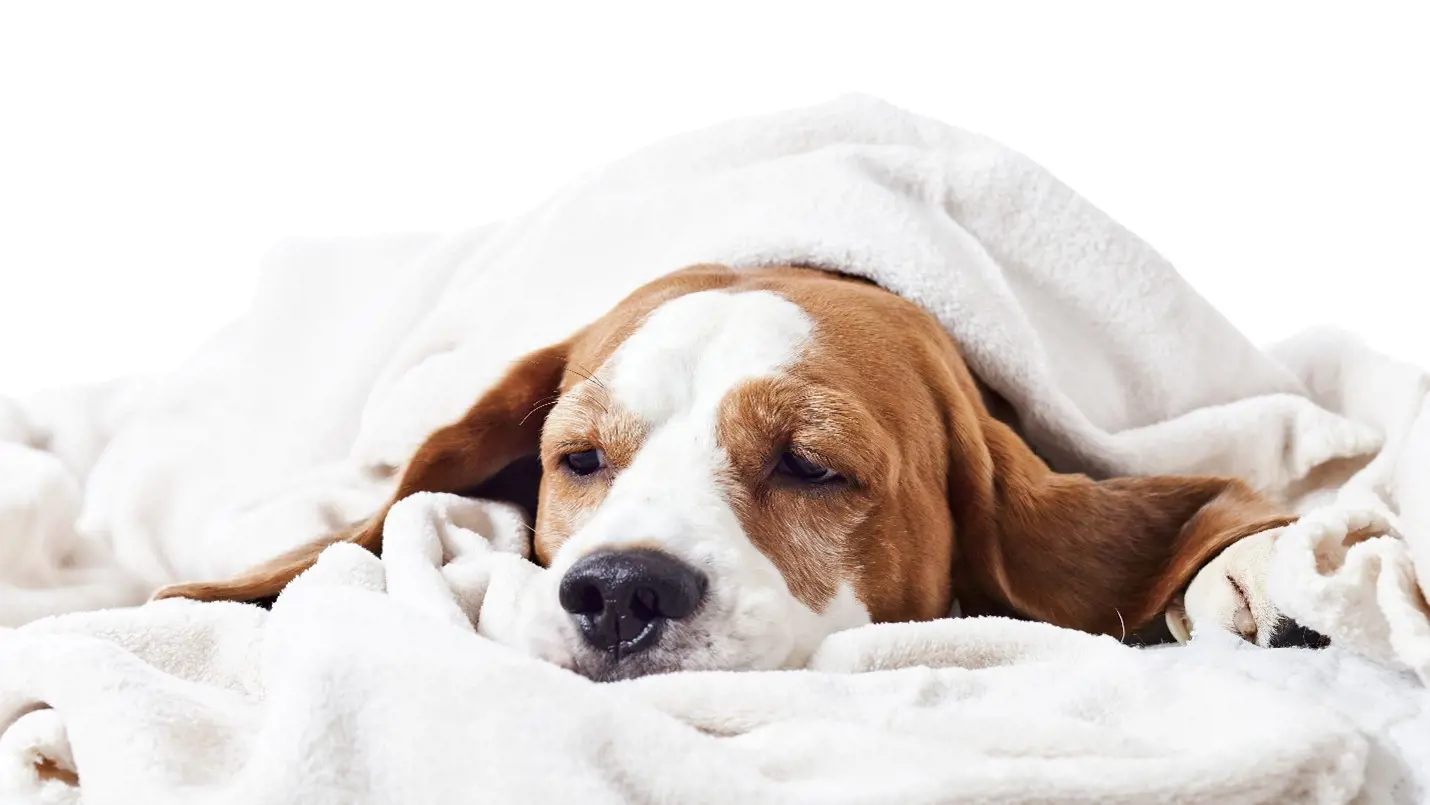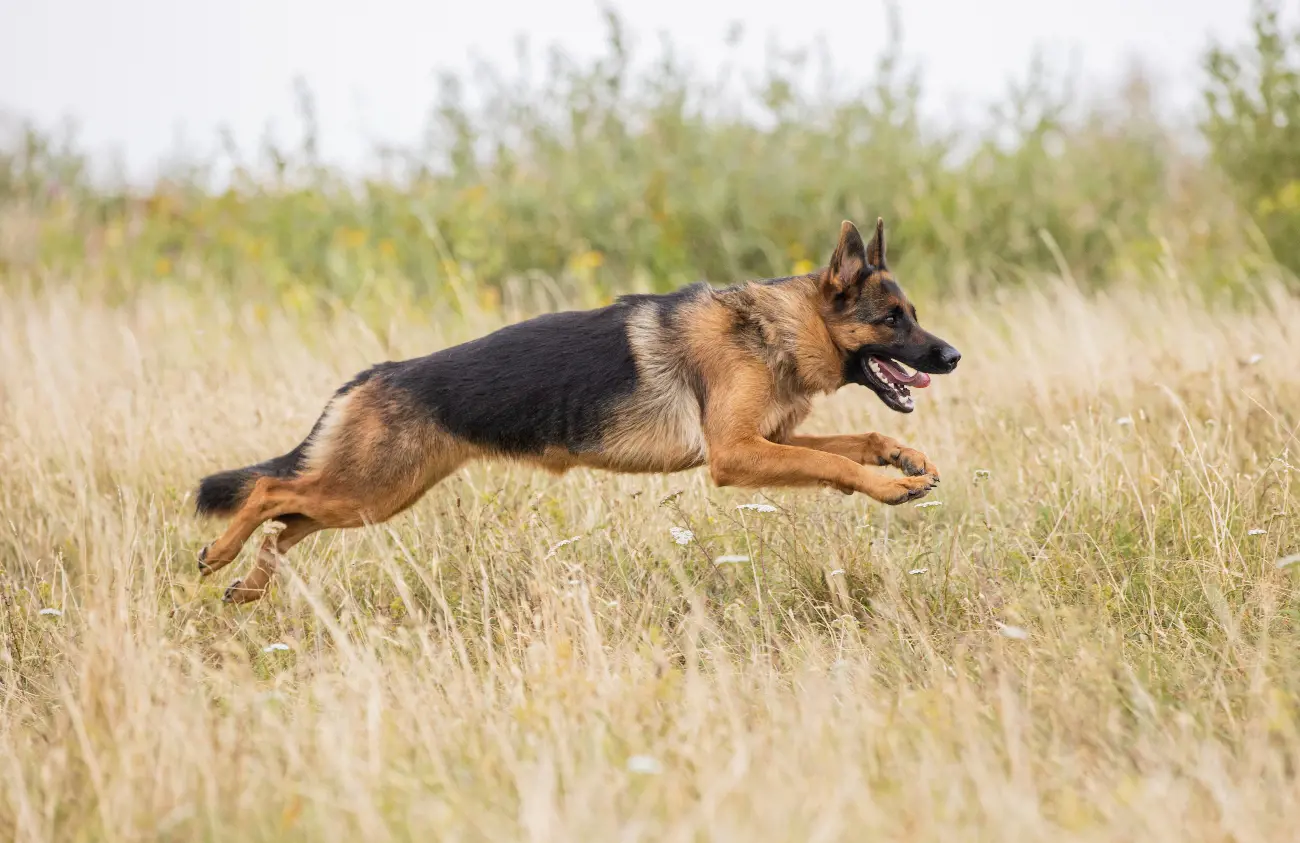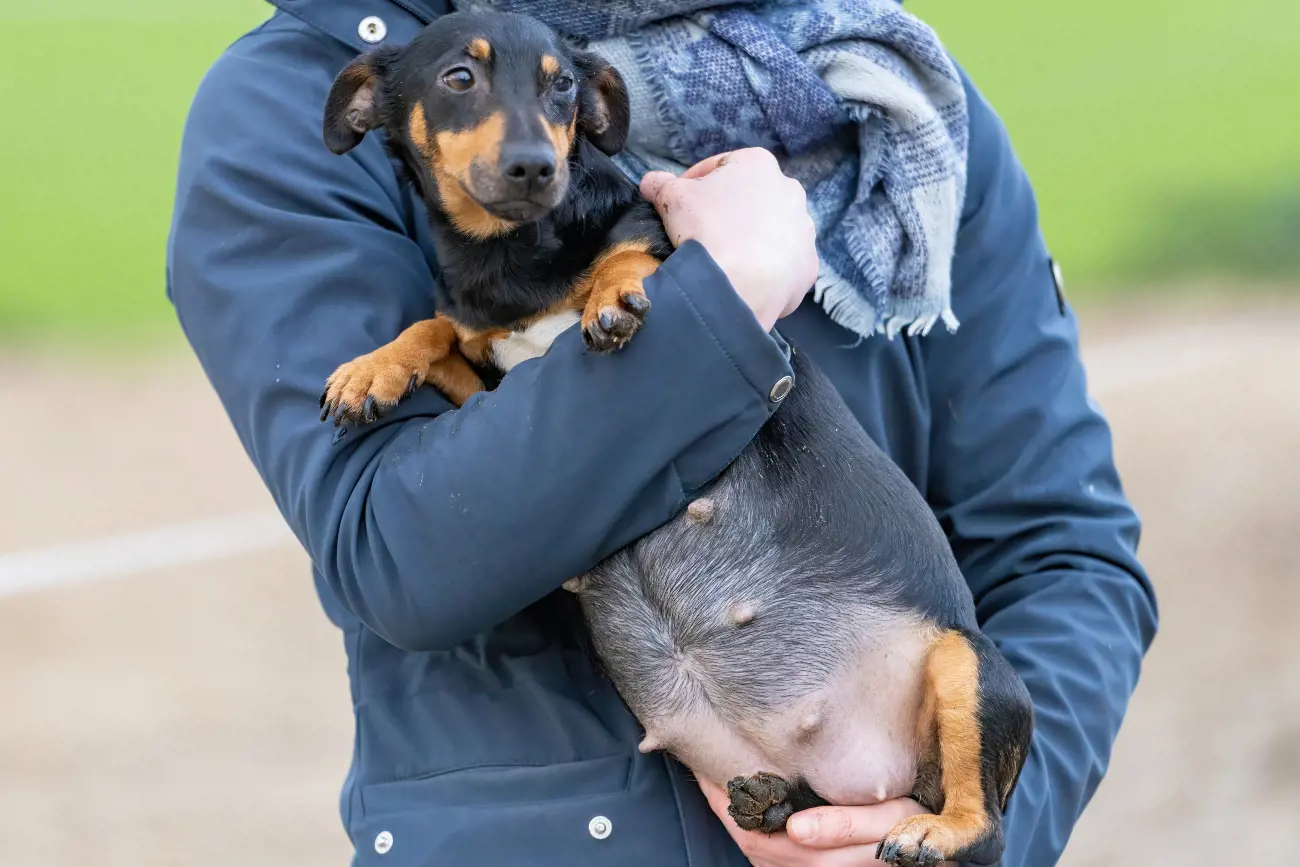Unboxing the mystery: Why are Boxer dogs called Boxers
1st August, 2023
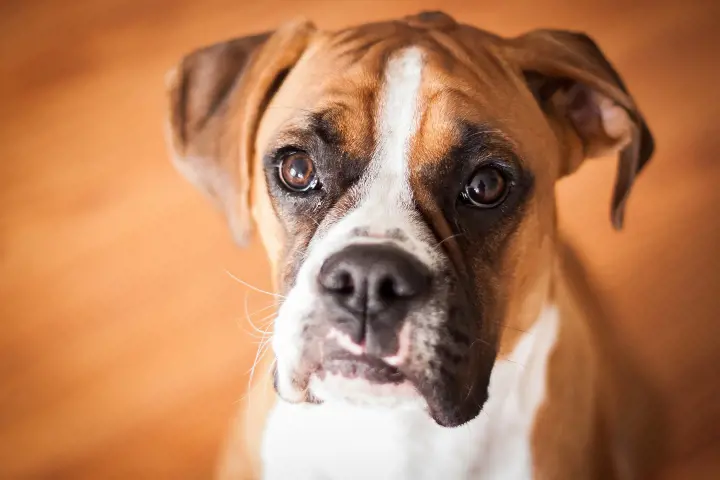
Are you a proud pet parent of a Boxer dog, or simply just a curious dog enthusiast? Have you ever wondered why Boxer dogs are called Boxers?
Despite the breed's popularity, many people are still unaware of the origins of this unique name.
In this article, we will explore the history of the Boxer breed, early references to the name "Boxer," theories on why they are called Boxers, the role of their physical characteristics, and their popularity and nickname evolution.
Introduction to the Boxer breed
Boxer dogs are a popular, athletic breed known for being highly intelligent and extremely athletic.
These dogs have a muscular build, with a short and shiny coat that comes in a variety of colours, most common being a white, brindle, or fawn colour. One distinct feature of boxer dogs is their white markings, which can be found on their chest, paws, and face.
Boxer dogs are loyal and loving companions, making them great pets for families or individuals who are looking for a furry friend. In addition to their friendly personalities, boxer dogs are also quite intelligent. They are quick learners and respond well to positive reinforcement training techniques.
Boxer dogs were originally bred as working dogs, and their athleticism and energy make them great candidates for activities like agility training, running, and hiking.
However, their high energy levels also mean that they require a lot of exercise and mental stimulation to stay happy and healthy.
Overall, boxer dogs make great pets for active individuals or families who are committed to providing them with the attention and exercise they need. With their intelligence, athleticism, and affectionate personalities, it is no wonder that boxer dogs are a beloved breed among dog owners.
History of the Boxer breed
The Boxer breed originated in Germany in the 19th century. Known as a 'Deutscher Boxer', they were originally bred for bull-baiting, a cruel sport that was popular at the time.
After bull-baiting was outlawed, the boxer dog was used as a hunting dog or guard dog. They quickly became popular in Germany and were brought to America in the early 1900s, giving us the American boxer.
Today, Boxers are one of the most popular breeds in the world, known for their loyalty, intelligence, and playful nature.
German Boxer vs American Boxer
|
|
German Deutscher Boxer |
American Boxer |
|
Physical characteristics |
|
|
|
Coat colour |
Has a brindle or fawn coat with black markings |
Wider range of colours including white, black and brown |
|
Personality |
Known for being balanced and calm |
Known for their friendly and playful nature |
Early references to the name "Boxer"
The name "Boxer" was first used in the mid-19th century to describe a type of dog that was used for bull-baiting. However, it is unclear where the name originated from.
Some theories suggest that it comes from the German word "boxl," which means "short pants." This could be a reference to the Boxer's short, tight-fitting coat.
Other theories suggest that the name comes from the breed's tendency to stand on their hind legs and "box" with their front paws, or from their ability to "box" their prey.
Theories on why Boxer dogs are called Boxers
There are several theories on why Boxer dogs are called Boxers:
- One theory is that the name comes from the Boxer's physical characteristics. Boxers have a short, tight-fitting coat that looks like a pair of shorts, or "boxers."
- Another theory is that the name comes from the Boxer's tendency to stand on their hind legs and "box" with their front paws. This could be a reference to the dog's fighting heritage, or simply to their playful nature.
The role of the Boxer's physical characteristics in the name
The Boxer's physical characteristics may have played a significant role in the name. Boxers have a distinctive look that includes a short haired coat, a muscular build, and a broad, flat face with open nostrils.
These features make them instantly recognizable and have helped to make them one of the most popular breeds in the world. Their coat, in particular, may have contributed to the name "Boxer." The coat is short and tight-fitting, resembling a pair of shorts or "boxers."
The Boxer's reputation as a fighting breed
The Boxer's reputation as a fighting breed may have also contributed to the name. Boxers were originally bred for bull-baiting, a cruel sport that involved setting dogs on a bull and watching them fight.
After bull-baiting was outlawed, Boxers were used for other types of fighting, including dogfighting. Although dogfighting is illegal today, the Boxer's fighting heritage may have helped to cement their name.
Influences from other languages and cultures
Another theory on the origin of the name "Boxer" is that it comes from other languages and cultures.
For example, in French, the word "boxer" means "to fight." This could be a reference to the Boxer's fighting heritage.
In Italian, the word "boxer" means "boxer shorts," which could be a reference to the dog's short, tight-fitting coat.
Other languages and cultures may have also contributed to the name in other ways.
Working group: Boxer's in the workplace
The boxer dog has been known to be one of the most versatile dog breeds, and their intelligence and loyalty make them excellent candidates for working roles. In fact, many boxer dogs have been used in military and police operations around the world.
With their muscular build and powerful jaws, they make for a formidable sight to any potential threat.
Military Dogs
Boxer dogs have been deployed for military work as scout dogs, tracking dogs, and even as bomb detection dogs. Their keen sense of smell and incredible endurance make them ideal for these roles.
The boxer's loyalty to their handler also makes them an excellent partner for these high-stress operations, as they are willing to put themselves in harm's way to protect their human companion.
Police Dogs
Similarly, police forces around the world have also utilized boxer dogs in various roles. They have been used as patrol dogs, sniffing out drugs and other contraband. They have also been trained to help apprehend suspects and even to provide emotional support to victims of crime.
The intelligence and quick learning abilities of these dogs make them a great choice for any police work.
Guide Dogs
Boxer dogs are known for their loyalty, intelligence, and protective nature. These traits make them excellent service dogs. Boxers can be trained to assist people with disabilities, such as those who are blind or deaf.
They can be trained to alert their owners to certain medical conditions, such as seizures or low blood sugar levels.
Their intelligence, loyalty, and strength make them ideal for military and police operations. It is no surprise that they are considered one of the most versatile dog breeds around, and their contributions in these fields are a testament to their incredible capabilities.
The Boxer's popularity and nickname evolution
Over time, the Boxer's popularity has grown, and their nickname has evolved.
Today, Boxers are known by many different names, including:
- "The Peter Pan of Dogs”
- "The Clown of the Dog World"
- "The Ultimate Family Dog"
These nicknames reflect the Boxer's playful, loyal nature and their popularity as a family pet.
Famous Boxer dogs and their impact through history
Boxers have played a significant role in history and popular culture. For example, in World War I, Boxers were used as messenger dogs and guard dogs. They were also used by the military in World War II.
In popular culture, Boxers have been featured in movies, television shows, and books. Some famous Boxers include:
- Petey from "The Little Rascals"
- Jofi from "The Three Stooges"
- Max from "The Grinch"
Boxer dogs in pop culture
Boxers have been a popular breed in pop culture for many years. They have been featured in movies, television shows, and books.
Some of the most popular movies featuring Boxers include:
- "Rocky"
- "Turner & Hooch"
- "The Mask"
In television, Boxers have been featured on shows like:
- "Full House"
- "Scrubs"
- "That '70s Show"
In literature, Boxers have been featured in books like "Marley & Me" and "The Dog Who Wouldn't Be."
Boxer dog myths and misconceptions
Despite their popularity, Boxers are still subject to myths and misconceptions.
One of the most common myths is that Boxers are aggressive dogs. In reality, Boxers are not aggressive by nature and are actually quite friendly and playful.
Another misconception is that Boxers are not good with children. Again, this is not true, and Boxers are actually great with kids. It is important to do your research before adopting any breed of dog to ensure that they are a good fit for your family.
Common health problems for the boxer dog
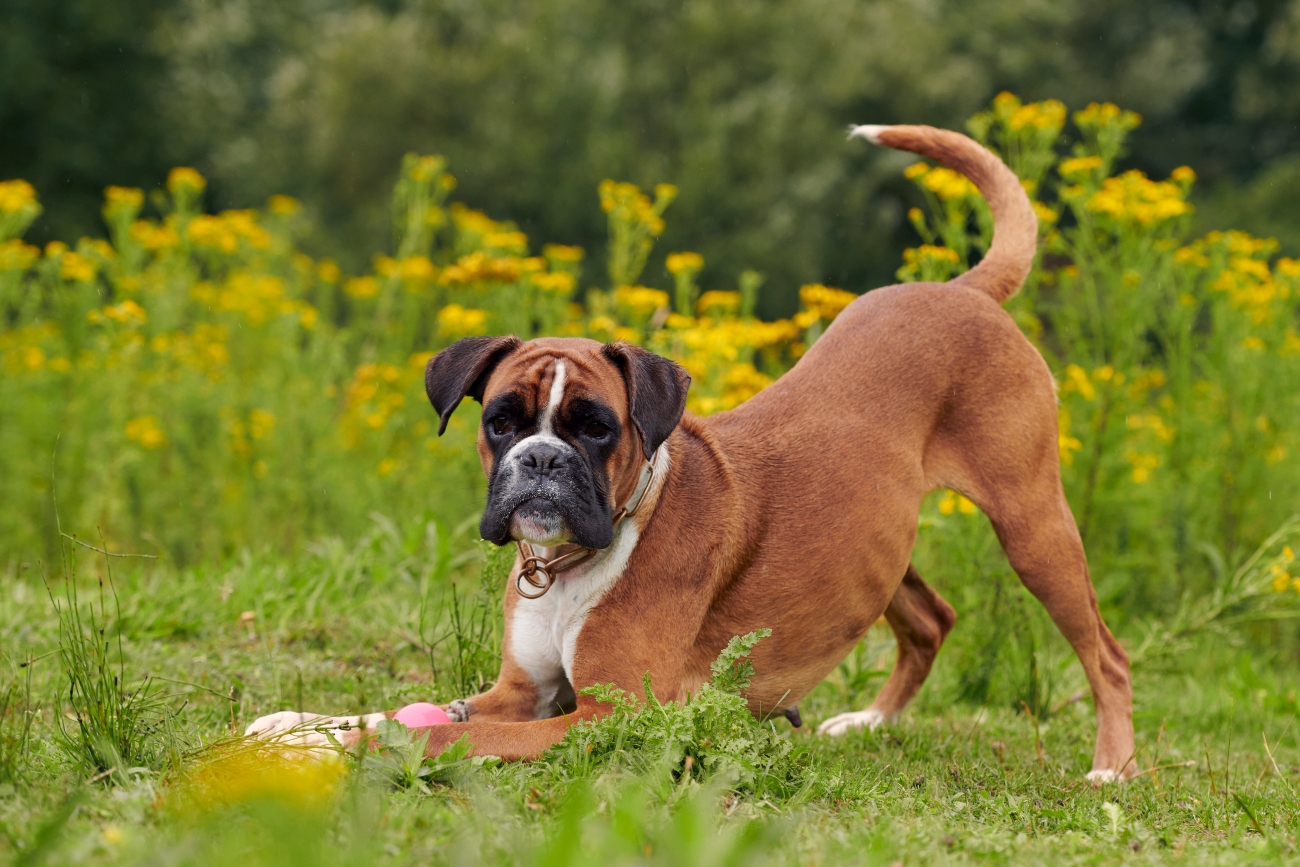
Like all other breeds, they are also prone to certain health problems that can affect their quality of life.
- Hip dysplasia: This is a condition where the hip joint does not develop properly
- Heart disease, particularly cardiomyopathy: This is a condition which affects the heart muscle and can lead to heart failure
Despite these health challenges, with proper care and attention, a boxer dog can live a happy and healthy life. Regular exercise, a balanced diet, and regular veterinary check-ups can help prevent or manage many of these health issues, and you could find your boxer meeting the average life expectancy of 10-12 years.
Dog insurance may help if your boxer develops any health conditions, contact us for a quote.
Conclusion
In conclusion, the origins of the name "Boxer" are still a mystery.
However, there are several theories on why Boxer dogs are called Boxers. The Boxer's physical characteristics, fighting heritage, and influences from other languages and cultures may have all played a role in the name.
Despite the mystery surrounding their name, Boxers are a beloved breed that has played a significant role in history and popular culture. If you are considering adopting a Boxer, be sure to do your research and find the perfect furry friend for your family.
To get a boxer dog insurance quote for your furry friend you can get a quote through our website by clicking here. If you would like to talk to one of our pet insurance team, you can get in touch with us on 0330 102 5748.
Helpful Pages
Recent Posts
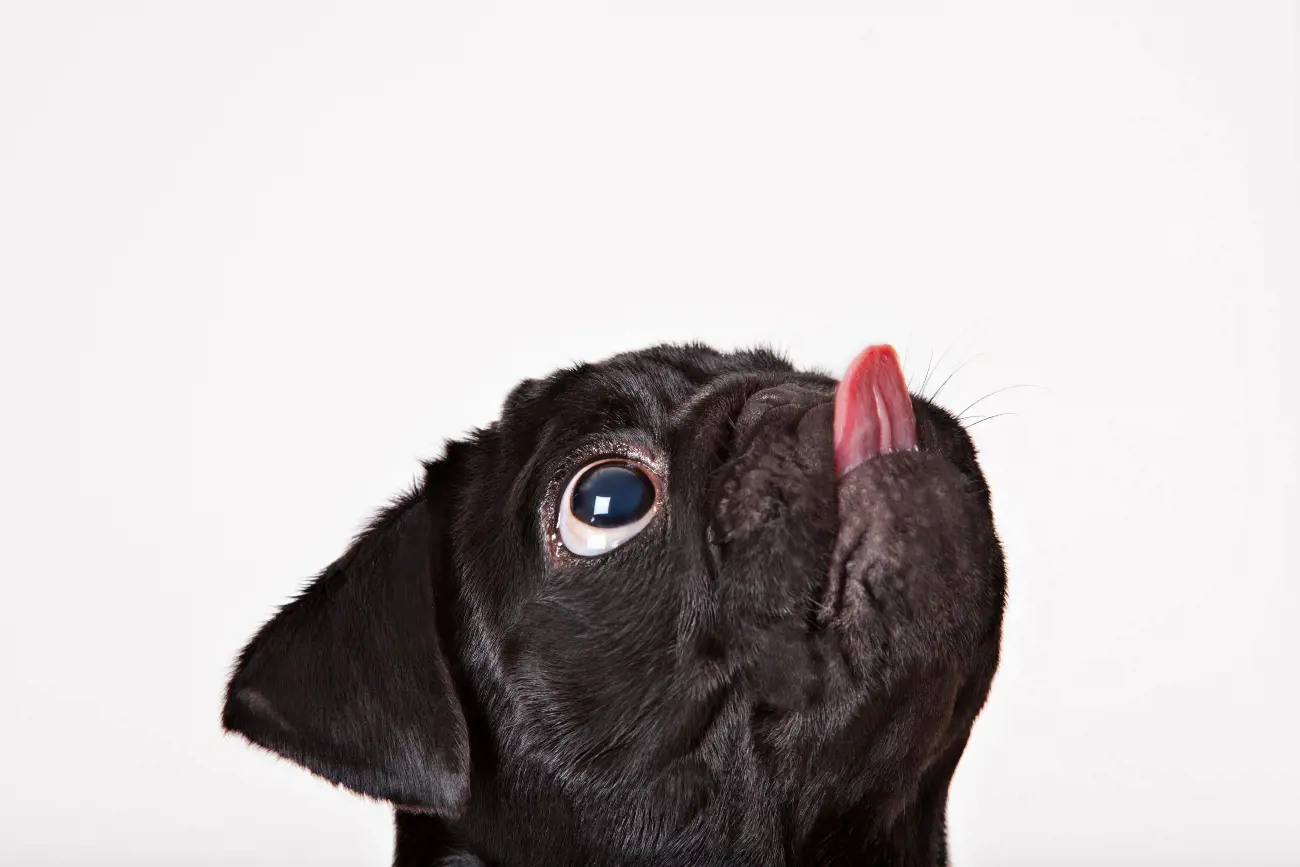
Why do Pugs lick the air?
02/10/24Pet Insurance Quote
- 98% claims paid *
- Claims paid directly to vets
- 24/7 vet video consultations
- Interest free monthly payments
